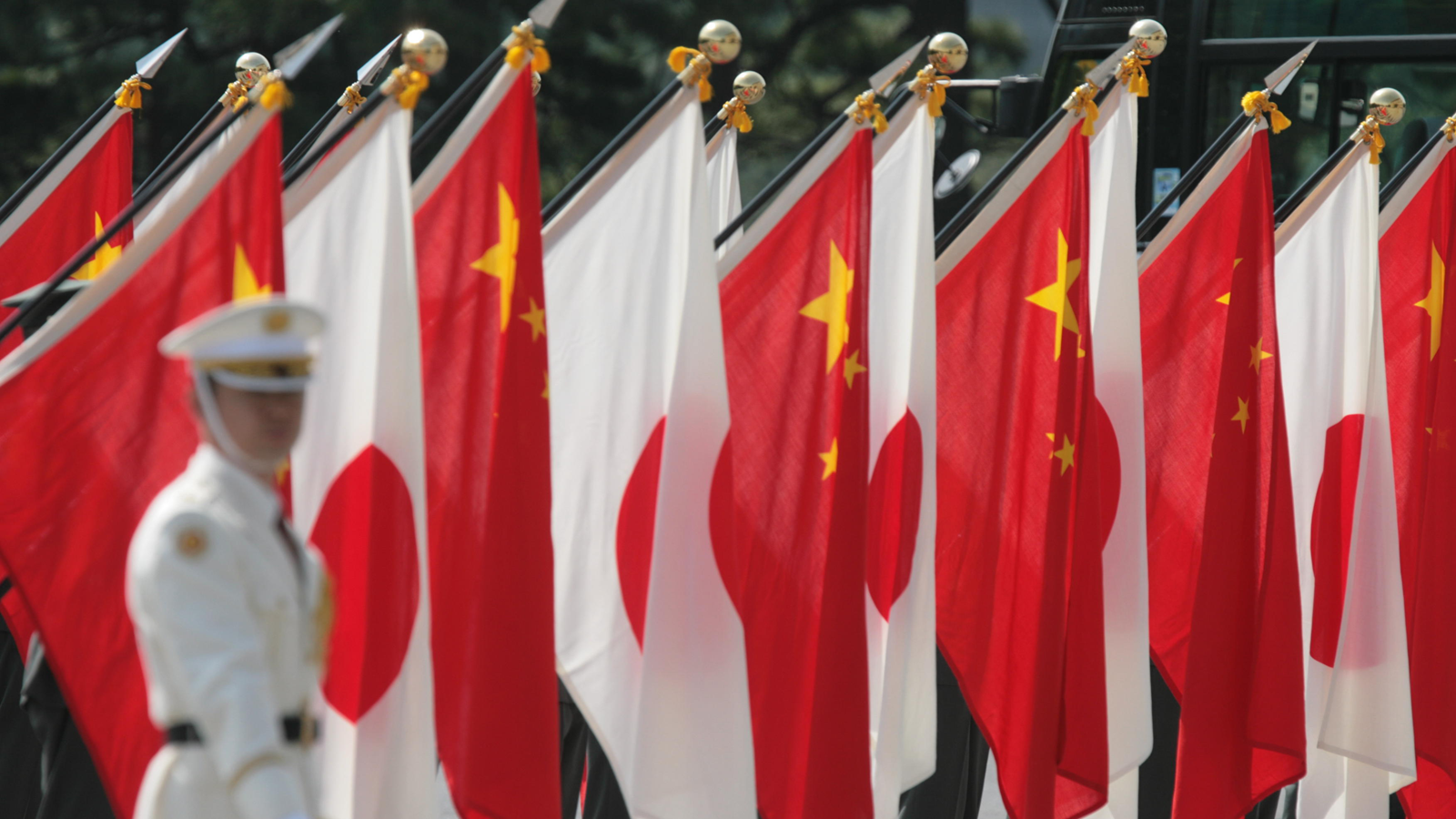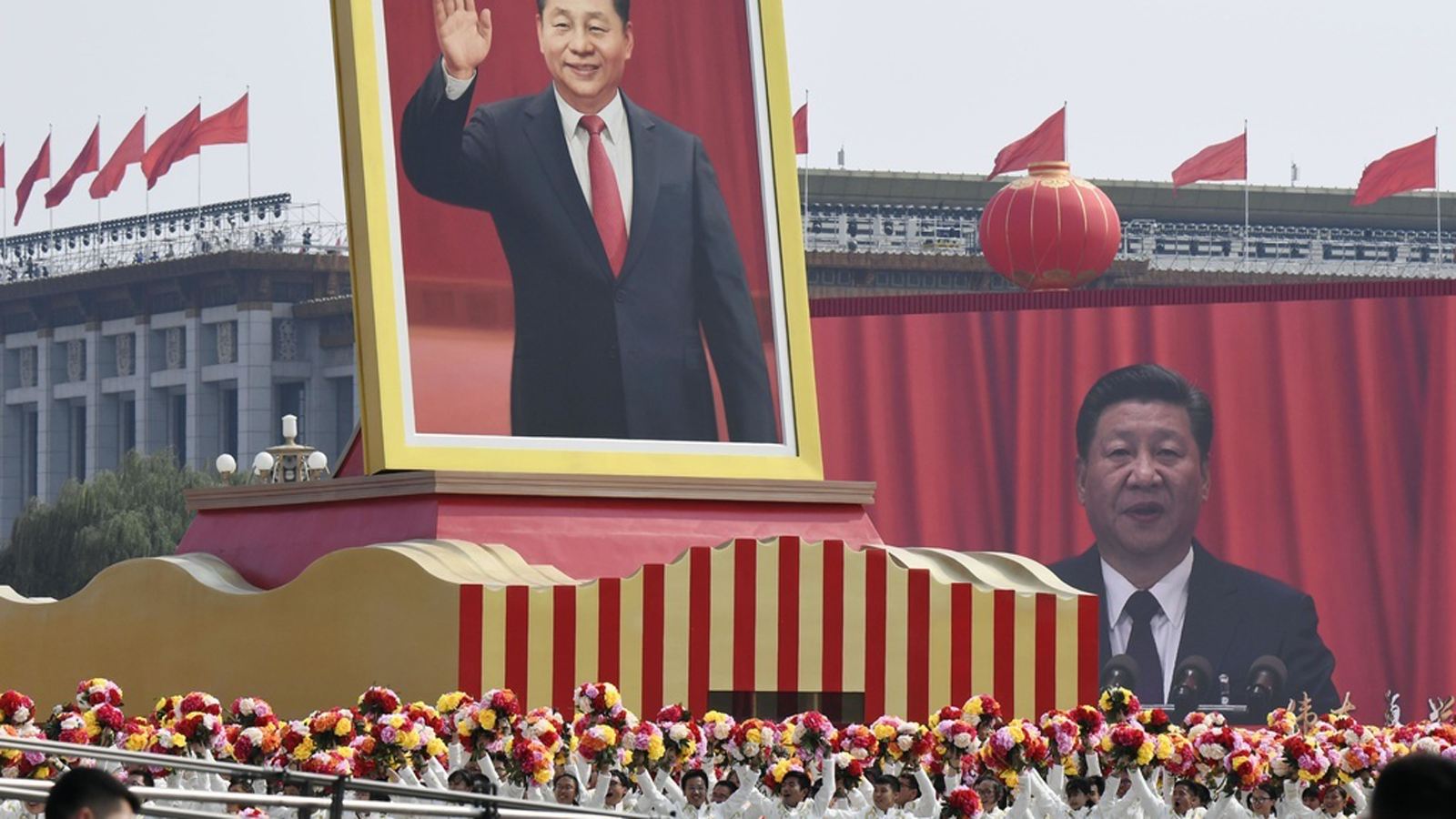The Genron NPO and China International Publishing Group conducted joint opinion polls targeting the citizens of Japan and China in September 2019.
This survey has been administered annually since 2005, when Japan-Chinarelations were at its worst. The 15th annual poll is the only survey in the world that continuously traces the general attitudes of Chinese people. The objective of the survey is to continuously monitor the state of mutual understanding and perceptions of the Japanese and Chinese public towards one another as well as the changes that ensue over time.
The most significant finding of this year's survey is that sentiment among Chinese citizens toward Japan is improving, but in sharp contrast, the impression Japanese people have of China shows no such improvement.
Key findings:
Impressions of One Another's Countries and Current Japan-China Relations
Chinese impression of Japan marks highest percentage since survey began
The Chinese people's impression of Japan has continued to improve, and 45.9% say they have a "favorable" impression of Japan, marking the highest this percentage has been since the survey began in 2005.
Meanwhile, the Japanese people's impression of China has slightly improved, however, 84.7% still say they have an "unfavorable" impression of China, showing results that contrast with those of China.
When asked how public sentiment towards the other country has changed over the past year, 65.4% of the Japanese responded that there has been "no change."
On the other hand, while 53.7% of the Chinese also replied that public sentiment has not changed, 29.6% stated that public sentiment has "improved" (including "relatively improved"), showing results contrary to Japanese public opinion.
There is a gap in understanding between the two countries regarding current Japan-China relations
While last year's survey showed the percentage of Japanese who consider current Japan-China relations as "bad" falling below 40% for the first time in 8 years, this year's results have taken a turn for the worse, with a 6-point rise in this percentage to 44.8%. Among the Chinese, those who view current relations as "bad" fell 10 points from last year, falling below 40% (to 35.6%) for the first time in 8 years. At the same time, the percentage of Chinese respondents who view current relations as "good" rose to 34.3% this year.
In terms of changes in bilateral relations over the past year, the majority of both countries' respondents (around 50% of both) replied that there has not been any change. The view that relations have "worsened," however, increased 13 points among the Japanese to 31.8%, while for the Chinese, it dropped slightly from last year, showing differing understandings among the two countries' peoples.
Perceptions of Military Threat
Among the Chinese, there has been a large-scale decrease in the response that certain countries pose military threats to their country, down 13 points from last year
Among the Japanese, 74.7% feel that certain countries pose a military threat to their country. On the other hand, while over half (55.5%) of the Chinese also feel that certain countries pose a military threat to their country, this percentage has largely dropped (down 13 points) from last year.
When asked to specify which countries pose military threats to their country, 84.6% of the Japanese continued to cite "North Korea." Like last year's results, this response was followed by "China" and "Russia." However, there was a significant rise in the percentage of those who view "South Korea" as a military threat, which has tripled from 7.6 to 23.3% this year.
By contrast, a 75.3% majority of Chinese respondents selected "Japan," followed by the "United States," which has continued to rise from last year's 67.7% to 74.2% this year. Meanwhile, only 10.3% of the Chinese perceive "North Korea" as a military threat. At the same time, among the Chinese, there was an increase in perceived military threat this year from "Vietnam" and "Russia."
Security in Northeast Asia
Both parties respond that a multilateral framework for discussing security in Northeast Asia is "necessary"
50% of the Japanese and 65.7% of the Chinese view a multilateral framework for discussing security in Northeast Asia as "necessary."
In terms of nations that should participate in this multilateral framework, over 80% of the Japanese feel that Japan, China and South Korea should participate. While 62% of the Japanese selected the US, this percentage has fallen 13 points from last year. Among the Chinese, the US and Japan were chosen by approximately 60% each.
The Chinese are more approving of diplomatic efforts taken towards the complete denuclearization of the Korean Peninsula
In regards to the various diplomatic efforts taken towards the complete denuclearization of the Korean Peninsula by the nations concerned, half of the Japanese (52.4%) believe that efforts are "insufficient." Only 20% or so evaluate these efforts as "sufficient."
By contrast, Chinese public opinion was situated on the exact opposite pole of the Japanese, with 74.4% evaluating diplomatic efforts as "sufficient" and only 13.2% stating that diplomatic efforts are "insufficient."
World Order and the Economy/ Opinions on Globalization
More Chinese support the WTO Reform, as compared to the Japanese
Approximately 70% of the Japanese and 80% of the Chinese feel that multilateralism, an open economic order and rule-based free trade are "important" for the future of the global economy.
In terms of the WTO reform currently under way, 48.9% of the Japanese and 78.5% of the Chinese support the reform. However, nearly half of the Japanese replied "not sure," indicating that they cannot decide whether to support it or not.
In terms of the future of the global economic order, 34.8% of the Japanese believe that a rule-based "free and open" order, even if limited in certain aspects, will continue to be key. However, 26.2% also expressed the pessimistic view that the "US-centered economic sphere and China-centered economic sphere will come to oppose one another and divide the world in two," while 38.3% replied "not sure."
On the other hand, among the Chinese, over 70% of respondents believe that a rule-based free trade system and free economic order will continue to develop or, even if partially limited, a "free and open" system will continue to be key.
Perceptions of the Social/Political Systems of the Other Country
Large-scale decrease in the Chinese view of Japan as "hegemonistic" and displaying "favoritism towards great powers"
A 52% majority of the Japanese continue to view China as a "socialist/communist" country, followed by 34.1% who see it as "totalitarian (one-party rule)." Both responses have increased slightly from last year. Meanwhile, most of the Chinese, at 32.3%, recognize Japan as a "capitalist" country; however, this percentage has dropped 17 points from last year's results. Additionally, the understanding of Japan as "militaristic" rose 6 points to 32% this year, on par with the view of Japan as "capitalist." Views of Japan as "hegemonistic" and displaying "favoritism towards great powers" were expressed by 18.5% (39.5% last year) and 5.8% (12.1% last year) of the Chinese respectively this year, both showing a large decrease from last year. On the other hand, there has been a 15-point increase in the percentage of those who view Japan as "nationalist," up to 23.6% this year
Background to Mutual Understanding
Prior travel experience to Japan among the Chinese has increased for the 8th year in a row to over 20%, and over 90% reply that the trip was taken recently within the past 5 years
Among the Japanese, 14.4% replied that they have prior travel experience to China, showing no large change over the past year. On the other hand, 20.2% of the Chinese replied that they have visited Japan, showing an increase for the 8th year in a row.
For both countries' nationals, the reason for their visit was predominantly for "tourism." While the majority of the Japanese who have traveled to China replied that the trip took place over 11 years ago and the percentage decreases with proximity to the present, 97.5% of the Chinese replied that they have traveled to Japan "recently within the last 5 years."
Regarding acquaintances in the respective countries, 19.5% of the Japanese and 8.1% of the Chinese replied that they have acquaintances in the other country, with a slight increase in both percentages from last year's results.


Post a comment